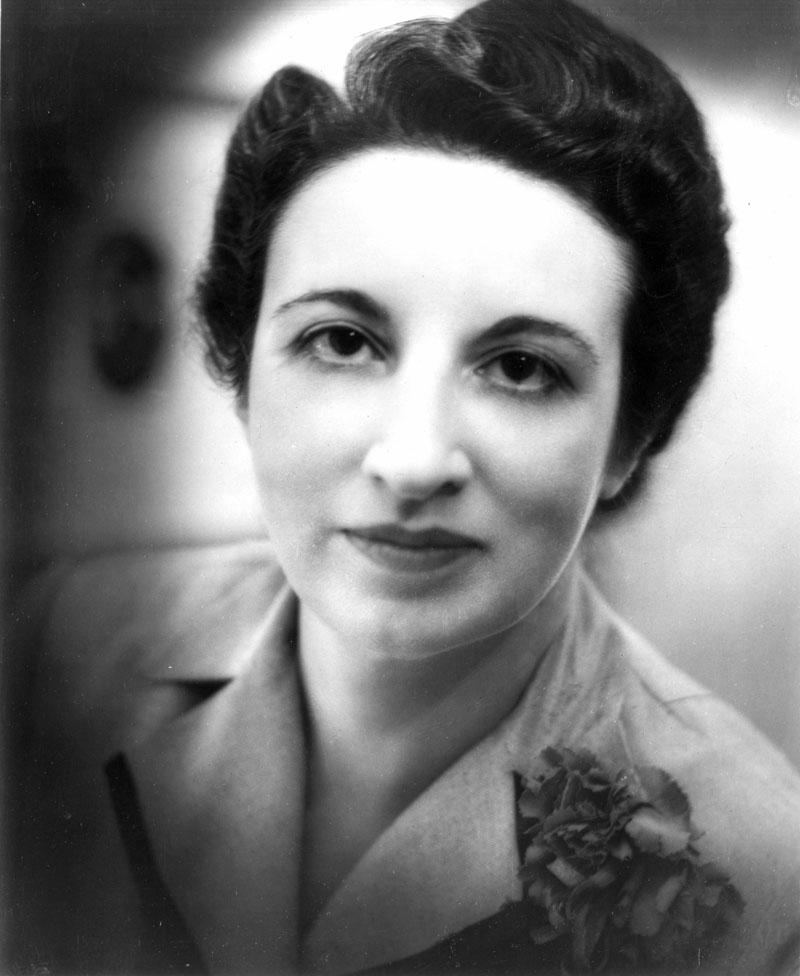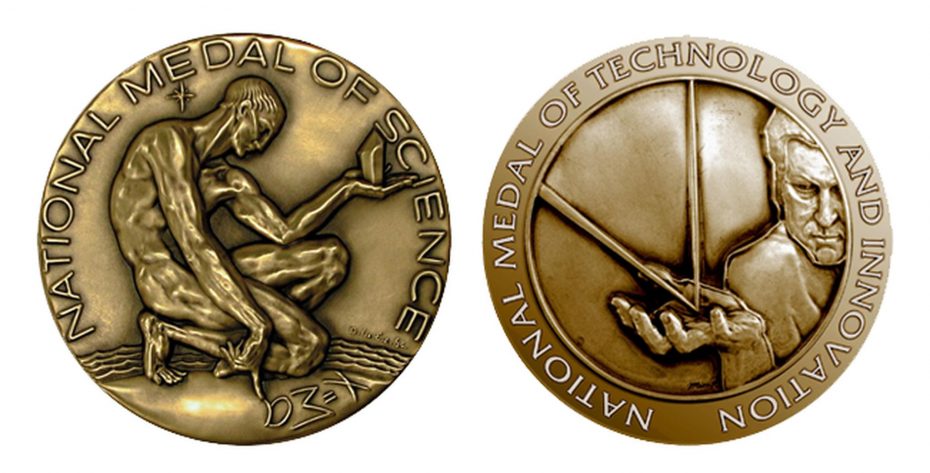For years, scientists have wondered whether personality traits originate with heredity or influence from our environments. In the 1950s, however, one psychologist questioned the polarity of this “nature versus nurture” debate, pleading for researchers to instead contemplate the interaction of the two factors.
Nicknamed the “test guru,” Anne Anastasi, a pioneer of psychometrics, questioned the measurement by which these psychological capabilities are evaluated.
In her 1983 essay, Anastasi questioned America’s obsession over IQ – intelligence quotient – explaining how the term’s frequent misuse assumes that intelligence is inherited and doesn’t change over one’s lifetime.
As a result, Anastasi also argued that psychological tests gauging traits like personality or intelligence could not be created without cultural bias that might skew results.
“It is apparent that we cannot speak of inferiority and superiority, but only of specific differences in aptitudes and personality between the sexes,” she said. “These differences are largely the result of cultural and other experiential factors.”







